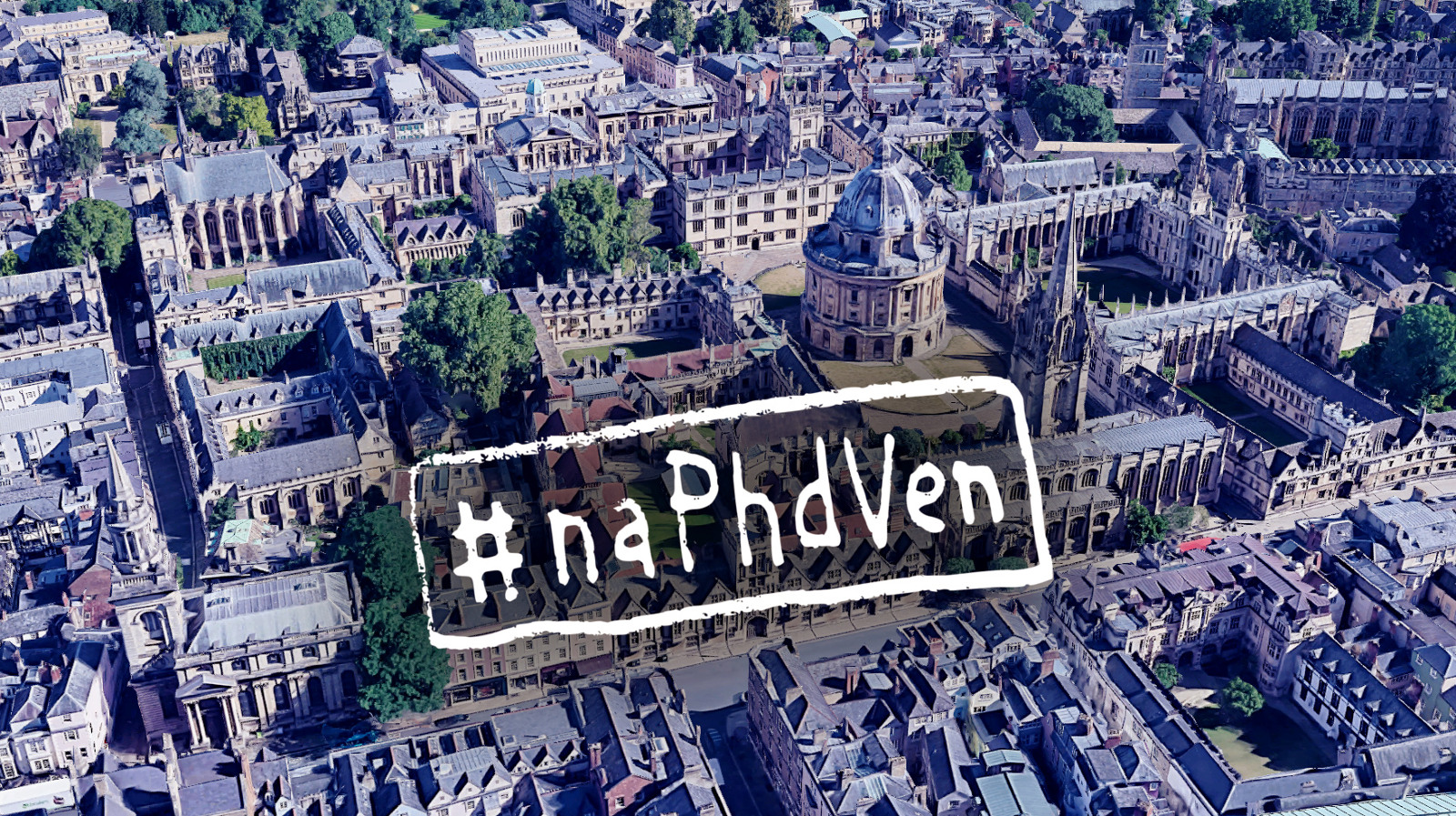Felipe supported a course of bioinformatics
published 2020-06-02
In the second week of May, Felipe gave a talk on a course at the Universidade Federal do Rio Grande do Sul (UFRGS) entitled “Bioinformatics: a universe of applications”. He joined the course via a video call, shared his personal experience with structural bioinformatics, and presented his previous and current research works. The idea was to make bachelor students more comfortable with bioinformatics, and promote the field among new students. The course was organized by the Academic Center of Biotechnology from UFRGS for the IX academic week of the biotechnology course.
Workshop about supervision
published 2020-03-04
Last week Michal visited Masaryk university (MUNI) in Brno, Czech Republic, to join a workshop for group leaders about student supervision with his talk entitled "Fantastic supervisors and where to find them". He shared his personal experience augmented by a few thoughts about topics related to research groups, such as academic inbreeding or science efficiency. The presentation slides in Czech are available online. The workshop was the first event organized by MUNI in cooperation with Czexpats in Science, a platform which connects Czech scientists living abroad.
Grand Prix of Czech science: Analysis of the research grants of the Czech Science Foundation for 2020
published 2020-03-03
Czech Science Foundation (aka GAČR) is the main source of research grants for many Czech scientists at universities or elsewhere. Through Czexpats in Science – a platform that connects Czech scientists working abroad – we asked GAČR for data about the project proposals with the starting date in 2020. Although our proposal was "partially rejected", we still received a dataset to analyze. We studied the research grant schemes and analyzed the behavior of Czech institutes in the competitions. The input data, as well as the analysis scripts in python and R, are available on github.com. Here we present the full blog post in Czech written by Michal H. Kolář and Radim Hladík.

Students intake
published 2020-02-13
Three new undergraduate students want to learn some of Python and Gromacs, and will study how biomolecules move. Welcome Hugo, Jan and Petr.
Special relativity and the halogen bonding
published 2020-01-29
In 1905, Albert Einstein formulated the theory of relativity which described the motion of objects with speeds close to the speed of light. The theory postulated that no object can move faster than light, so no process can be instataneous. About twenty years later, Paul Dirac merged the theory of relativity with the quantum mechanics and formulated what is today known as Dirac equation. The equation directly yields the spin, as a property of electron, and adjusts our understanding of chemistry of heavy elements such as gold or thallium. In our lates contribution we investigate, how the special relativity contributes to properties of halogen boding.

Welcome new group members
published 2019-11-29
Two PhD students are joining our group in Prague to study biomolecular dynamics. Warmest welcome to Michaela from Slovakia and Felipe from Brazil who will hopefully spend a few years with atomistic simulations, python and Dejvice district. While Michaela has a background in molecular biology, Felipe studied bioinformatics. Wish them a steep learning curve, great discoveries, and smooth studies at UCT. Both will work on the project recently approved by the Czech Funging Agency (aka GAČR) about allosteric regulation of large biomolecules, of the ribosome in particular.
#NaPhdVen Workshop
published 2019-09-05
The culture of academic mobility is still latent in Czechia and many students feel OK staying in the same lab throughout all their studies. It was my case as well, although 10 years ago, and I view it as a sort of missed opportunity. With UCT Prague and Czexpats in Science, an NGO which connects Czech scientists working all over the world, we organize a workshop for undergraduate students about pros and cons of studying abroad.
Save the date and find out more (in Czech only): NaPhdVen.CzexpatsInScience.cz.
October 10, 2019 at UCT Prague.
A Blog Post for Czexpats in Science
published 2019-05-22
This is a blog post about a blog post. After joining the Twitter, funny things started to happen. Through several independent routes I got in touch with a group of Czech scientists living abroad. They felt disconnected (personal opinion) from the wild Czech academic system, so they established an organization Czexpats in Science, which aims at curing their disconnection.

We Are on Twitter
published 2019-03-27
There's not much more to say. It happened once upon a time in a train from České Budějovice to Prague, on a way from a panel discussion about perspectives of young researchers in the wild Czech academic environment.
Follow us on https://twitter.com/mhkoscience.


